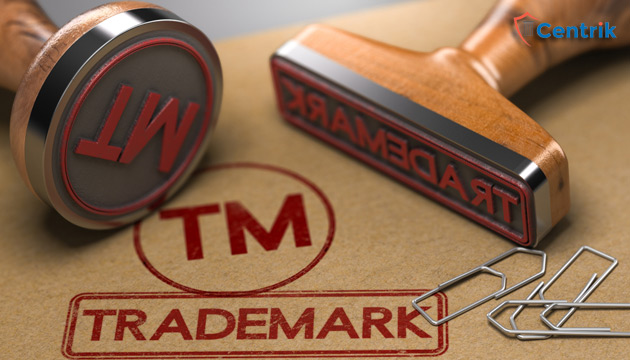
Status as on: 16/07/2023
Trademark in India
Trademarks in India refer to distinctive marks, symbols, logos, names, words, phrases, or combinations thereof used to identify and distinguish goods or services provided by a particular source from those of others. The legal framework governing trademarks in India is the Trade Marks Act, of 1999, along with the Trade Marks Rules, of 2017. In India, a trademark is defined under the Trade Marks Act, of 1999. It is a recognizable mark or symbol that distinguishes the goods or services of one entity from those of others. Trademarks can include words, names, logos, slogans, colors, shapes, or a combination thereof.
To understand the basics of trademarks in India as a layperson, consider the following points:
- Definition: A trademark is a unique identifier that helps consumers differentiate between products or services offered by different businesses. It represents the reputation and goodwill associated with a particular brand.
- Function: Trademarks serve as a valuable business asset by creating brand recognition, fostering customer loyalty, and protecting against unfair competition. They enable consumers to make informed choices and associate quality and reliability with specific brands.
- Classification: Goods and services are classified into different classes based on the International Classification of Goods and Services (NICE Classification). There are 45 classes in total, with classes 1 to 34 covering goods and classes 35 to 45 covering services. Applicants need to identify the relevant class(es) for their goods or services while filing a trademark application.
- Ownership and Registration: In India, trademark rights are acquired through actual use in commerce. However, registering a trademark with the Office of the Controller General of Patents, Designs and Trade Marks (CGPDTM) provides stronger legal protection and exclusive rights nationwide. Registration involves submitting an application, paying the prescribed fees, and complying with the necessary formalities.
- Distinctiveness: Trademarks should possess distinctiveness, meaning they should be capable of distinguishing goods or services from others in the market. Arbitrary or fanciful marks (e.g., made-up words like “Xerox”), suggestive marks (e.g., “Quick Bite” for a fast-food restaurant), and coined terms (e.g., “Microsoft”) are generally considered more distinctive and easier to register.
- Trademark Application Process: The process of registering a trademark in India generally involves the following steps:
- Filing an application: Submitting a trademark application with the requisite details, including the mark, class(es), applicant details, and supporting documents, either online or physically.
- Examination: The trademark application undergoes examination by the Trademark Registrar to assess compliance, distinctiveness, and potential conflicts with existing marks.
- Publication and Opposition: If the application passes the examination, it is published in the Trade Marks Journal for public notice. Third parties have an opportunity to oppose the registration within a specified period.
- Registration: If there are no oppositions or the opposition is unsuccessful, the trademark is registered, and a Certificate of Registration is issued
- Duration and Renewal: Once registered, a trademark is initially valid for ten years from the date of application. It can be renewed indefinitely every ten years, provided the renewal fees are paid and the mark is actively used.
- Infringement and Enforcement: Infringement occurs when someone uses an identical or similar mark without authorization, leading to confusion among consumers. Trademark owners can take legal action to protect their rights and seek remedies against infringers, such as injunctions, damages, or seizure of infringing goods.
- Consult Professionals: Trademark registration and related legal matters can be complex. It is advisable to consult a trademark attorney or a legal expert who can guide you through the process, conduct searches to ensure the availability of the mark and assist with the application and enforcement.
Understanding the basics of trademarks in India requires considering these key aspects. However, it is essential to seek professional advice to ensure accurate and up-to-date information regarding Indian trademark laws and procedures, consult a legal professional or refer to official resources.
Disclaimer: The above article is based on the personal interpretation of the related orders and laws. The readers are expected to take expert opinions before relying upon the article. For more information, please contact us at ibc@centrik.in.




 join For Updates
join For Updates